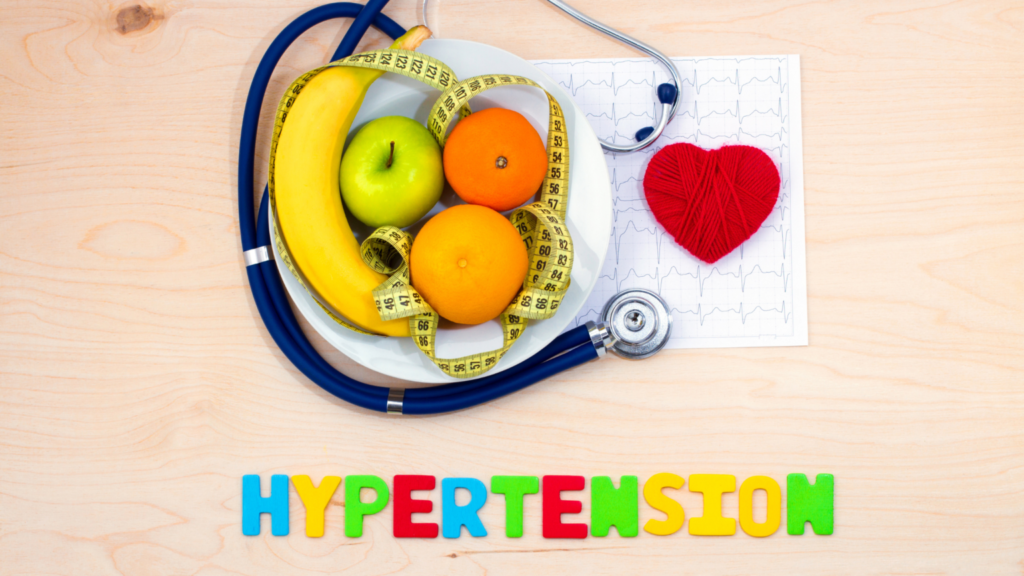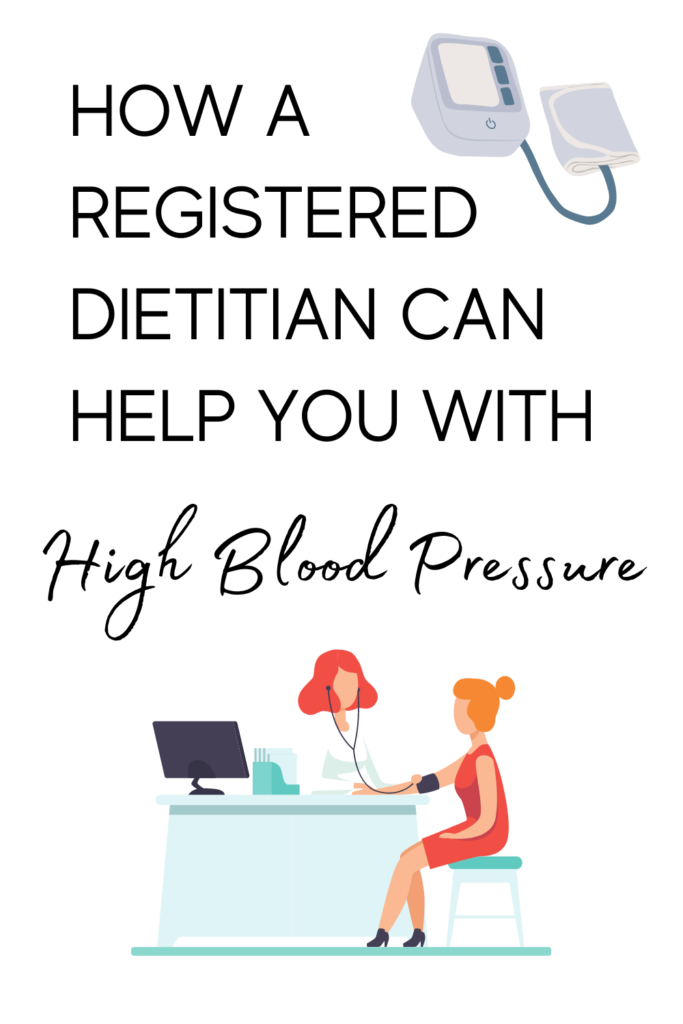Important Facts About High Blood Pressure (Hypertension)
High blood pressure occurs when the pressure or force of blood being pumped through your arteries, is too high. If left untreated, high blood pressure can lead to damage to your heart or artery walls. Over time, if blood pressure remains high, it may cause the heart and circulatory system to work inefficiently and can lead to other health conditions such as stroke, heart attack or heart failure, kidney disease, and/or vision loss.
Signs and Symptoms
The signs and symptoms of high blood pressure may vary from person to person and you may not experience any symptoms at all. Some possible signs and symptoms include:
- Dizziness
- Flushing in the face (redness)
- Nosebleeds
- Blurry vision
- Headaches
Risk Factors and Possible Causes of High Blood Pressure
A variety of medical conditions and lifestyle factors can contribute to hypertension. High blood pressure may develop over time or may start quickly if related to another medical condition. Some factors that may contribute to high blood pressure include including:
- Age – people over 50 years old tend to be higher at risk
- Lifestyle factors – including a diet high in sodium and low physical activity levels
- High levels of stress
- Increased alcohol intake
- Sleep apnea
- Diabetes
- Kidney disease
- Family history of hypertension (high blood pressure)
- Pregnancy – due to increased need for blood circulation for the baby and increased weight due to pregnancy
How Can you Test/Diagnose High Blood Pressure?
Your doctor can test your blood pressure by using a blood pressure cuff to measure your blood pressure levels. A normal blood pressure reading is 120/80 mm Hg and anything above 120 or 80 would be considered medium to high risk blood pressure depending on how high your numbers are.
Managing your Diagnosis
If you are diagnosed with high blood pressure, your doctor may recommend that you begin checking your blood pressure regularly at home with a blood pressure cuff and recording the readings to monitor any changes over time. This will help your doctor provide the best treatment plan for you. If you are feeling overwhelmed with your diagnosis, it may be beneficial to talk with someone who can help you deal with any feelings you have related to your diagnosis and find ways to help reduce any stress you may be experiencing from your health condition. Social workers and psychologists can be a great resource if you are feeling overwhelmed.

How to Treat High Blood Pressure
There are some changes you can make to your pattern of eating and lifestyle that may be able to help with the reduction and control of your blood pressure levels. Some small dietary and lifestyle changes may help make you feel better and may contribute to improvements in your blood pressure levels.
- Regular exercise – find an activity that works for you and your lifestyle and try to incorporate some exercise on a regular basis. Be sure to check with your doctor if you have any concerns about starting an activity/exercise program.
- Decrease the amount of salt in your diet – foods high in sodium can increase your blood pressure levels so you can try to reduce the amount of salt you add to your foods and the amount of high sodium processed foods you eat. You can try salt free alternatives to flavour your food such as Mrs. Dash spices or dried and fresh herbs. Choosing less processed foods more often can help you to decrease your sodium intake.Decrease your alcohol intake.
- Decrease/quit smoking if you are a smoker – talk to your doctor for support if you are ready to make this change.
- Reduce your stress – finding ways to effectively deal with your stress can be important for your blood pressure but also for your quality of life. There are many individuals that may be able to support you in this area such as a Social Worker, Psychologist and even your family doctor. They can work with you to find methods of reducing stress that can work for your lifestyle.
Common Medications Used in Treatment Of High blood Pressure
Your doctor may recommend the use of medications to help with controlling your high blood pressure levels. There are various types of medications that your doctor may recommend to reach optimal levels for your blood pressure. Some common medications that may be prescribed for the management of high blood pressure include:
- Diuretics
- Beta blockers
- ACE inhibitors
- ARBs
- Calcium channel blockers
When Should You Consider Meeting with A Registered Dietitian?
Dietary changes may help with the management of high blood pressure. If you are interested in making dietary changes, it may be time for you to speak with a Registered Dietitian. Our Winnipeg based Registered Dietitians can help you navigate the world of nutrition and provide you with individualized support and recommendations. They will work with you to help find the nutritional plan or pattern of eating that works best for you and your lifestyle.

What Our Winnipeg Based Dietitians Can Do for You
During your initial appointment, you will receive an 80-90 minute session with a knowledgeable and compassionate Registered Dietitian that will help you feel supported and educated. Your Dietitian will:
- Clear up the confusion surrounding what, when and how much to eat to help you manage your blood pressure
- Assist you with meal planning to help you optimally manage your condition
- Advocate and/or communicate with your primary healthcare Team, doctor or specialist.
- Explain the basics of high blood pressure, myth bust and provide you nutrition recommendations.
- Help you manage emotions related to making the changes required to improve your health and quality of life.
- Empower you to manage your health by understanding how to grocery shop, read nutrition labels, and prepare meals that you enjoy.
- Provide you with cooking tips, meal prep guidance, recipe modifications, and snack ideas.

Benefits of Working with a Dietitian at A Little Nutrition
We want you to feel better about how you nourish your body, and help you learn how to incorporate foods that can improve your condition and overall well-being. A Little Nutrition is a safe place to receive non-judgemental health advice and guidance.
Our Registered Dietitians provide a weight inclusive approach to health care and will support you on your nutritional journey. When you work with one of our team members, you can consider them your personal food encyclopedia and get expert advice on your nutrition questions. Your dietitian will get to know you, and how you eat, your food preferences, intolerances, and provide you with a personalized plan of action to help improve your symptoms.
Your dietitian also understands that eating and food may be an emotional experience for you. They will help you assess your relationship with food. If you have a poor relationship with food, your dietitian can help guide you through the process of making peace with food and resolving emotional eating.
No matter where you are at in your health journey, your dietitian will be able to help you with the motivation, support and accountability to help reach your goals.

Nutritional Services Overview
How many visits are recommended to see changes in my health?
Short answer: Most of our clients report seeing markable changes in their eating and health after 3 to 5 appointments spaced out over 3 to 6 months. However, some clients require appointments every 2 weeks until they can get the hang of their new pattern of eating. Some clients only need 1 or 2 appointments. Your dietitian will give you a recommended treatment plan at your initial appointment.
Long answer: It really depends on the number of health and lifestyle concerns that need to be addressed. Additional skills and education around meal planning, meal preparation and grocery shopping may require extra time in order to implement and develop strong habits. In addition, there may be emotional underpinnings that are discovered during your meeting with the Registered Dietitian such as dieting trauma, emotional and stress eating, and poor body image and these may need to be worked through as well. We also have counsellors and therapists who can help you work through the everyday challenges of stress management, anxiety, depression, grief and relationship struggles. Also, Psychotherapy is a tool that creates success when it is combined with health behaviour changes.
Are my appointments covered by Manitoba Health or Extended Medical Health Insurance?
Manitoba health does not cover private Registered Dietitian services. However, if you have extended medical insurance through your employer, you may have coverage for Registered Dietitian and Therapist services. If you are uncertain about your coverage, you can call our office 1-204-515-7466 and we can look into it for you. In addition, if your plan allows for direct billing, we would be happy to directly bill your appointment. Hopefully, keeping the out-of-pocket expense as low as possible.
How much do appointments cost?
Initial appointments are 80-90 minutes in length and cost $190
Follow-up appointments are 50-60 minutes in length and cost $135
How do I book an appointment with a Registered Dietitian?
To book an appointment with one of our Registered Dietitians or therapists you can:
Phone: 204-515-7466
Email: admin@alittlenutrition.com
Book online: https://alittlenutrition.janeapp.com/

Reference:
American Heart Association (2021). High Blood Pressure. Accessed from: The Facts About High Blood Pressure | American Heart Association
Heart and Stroke Foundation (2021). Managing Your Blood Pressure. Accessed from: www.heartandstroke.ca






